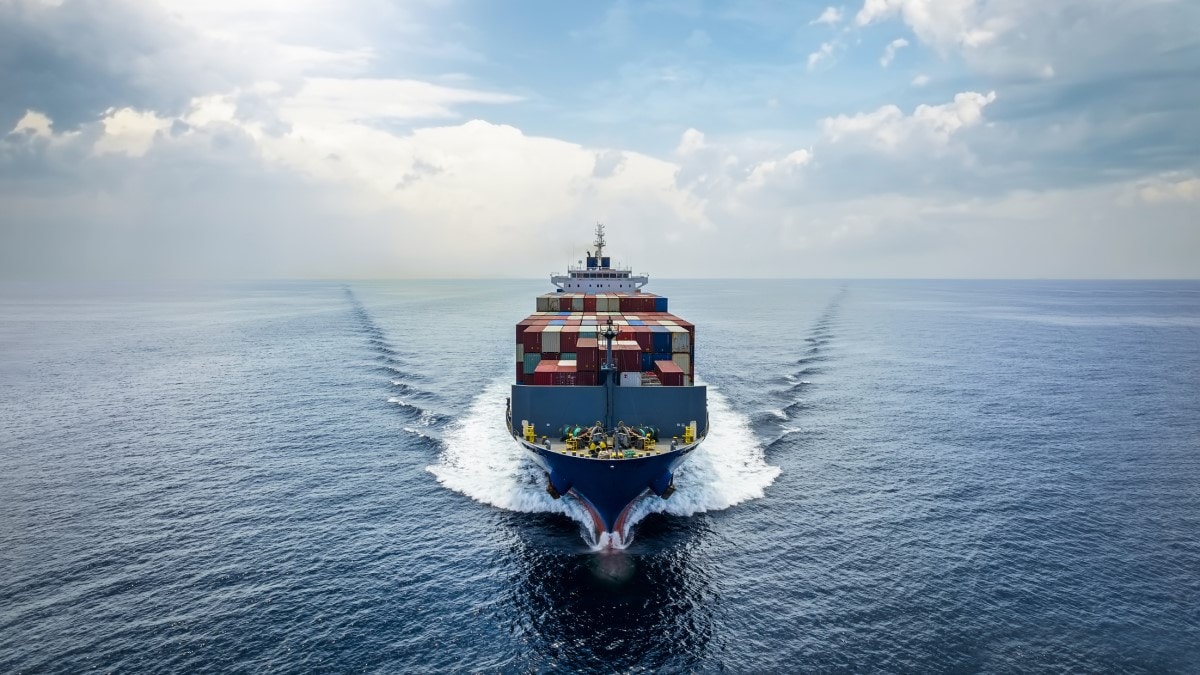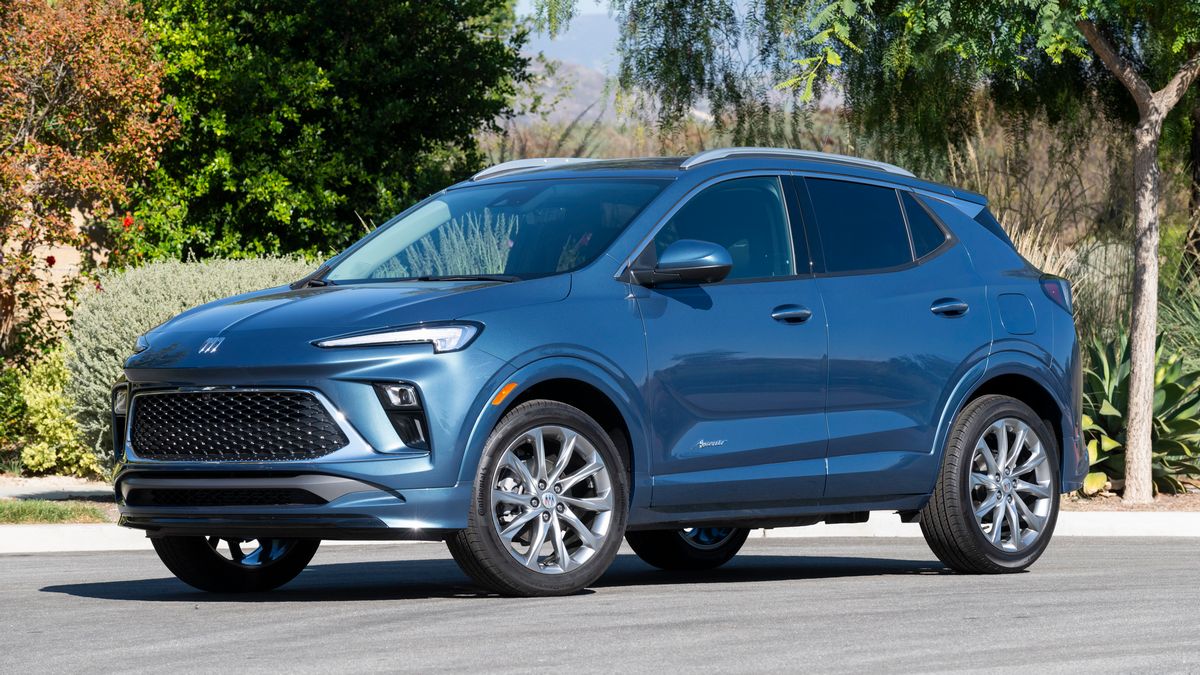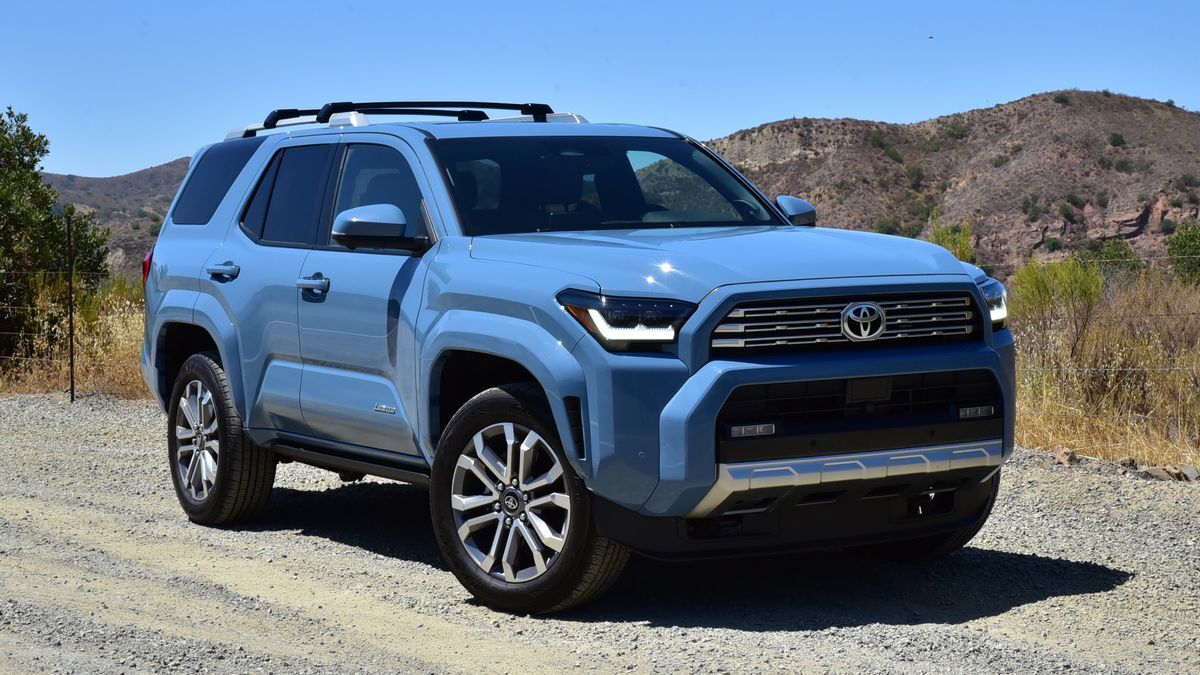The escalating crisis in the Red Sea is beginning to affect the global supply of new cars. We haven’t seen any impact on pricing in the U.S. — yet. But the number of new vehicles produced in Europe is shrinking as automakers respond to escalating attacks on ships crossing the Red Sea to use the Suez Canal on their way across the world.
Volvo and Tesla have each halted production at some European plants due to parts shortages, Bloomberg reports.
Affecting Few U.S.-Bound Models So Far
Tesla currently builds all of the cars it sells in the U.S. domestically. But Bloomberg reports Volvo will pause its massive factory in Ghent, Belgium, for three days this week because of supply shortages. That factory builds models such as the XC60 for the U.S. and is gearing up to build the new EX30 small electric SUV.
Stellantis, the parent of brands including Jeep, Dodge, and Chrysler, tells Bloomberg it switched to relying on air freight for some parts and experienced “almost no impact on manufacturing to date.”
Volkswagen, meanwhile, says it began “rerouting shipments of car parts around South Africa instead of through the Suez Canal last month” as the crisis built. The company says it has already incorporated the effects of the longer shipping process into its production schedule.
“The Iran-aligned Houthis, who are well equipped and trained, have launched multiple attacks on ships in the Red Sea since November,” Reuters explains. The group says it is acting in response to Israel’s war with Hamas.
Initially, Yahoo says, the group “said they would only target Israeli vessels or ships destined for ports in Israel,” but “many of the targeted ships have had no links to Israel.” An American-led coalition responded by striking Houthi launch and supply sites over the weekend. In response, the group said it will target U.S.-linked ships.
This Could Last Months, But It’s Not Another Microchip Shortage
The situation has increased shipping insurance costs, which could raise the price of many consumer goods. That could take time, but shipping industry experts don’t expect the crisis to be short-lived.
“We are looking at months rather than weeks or days before this crisis reaches any kind of resolution,” Peter Sand, chief analyst at freight platform Xeneta, told Bloomberg.
A supply chain crisis caused car prices to soar in 2021 as the auto industry faced a global shortage of microchips. The growing Red Sea crisis may not be as severe because there is no parts shortage, and ships can take the longer route around South Africa. However, that option delays shipping and makes it more expensive.








